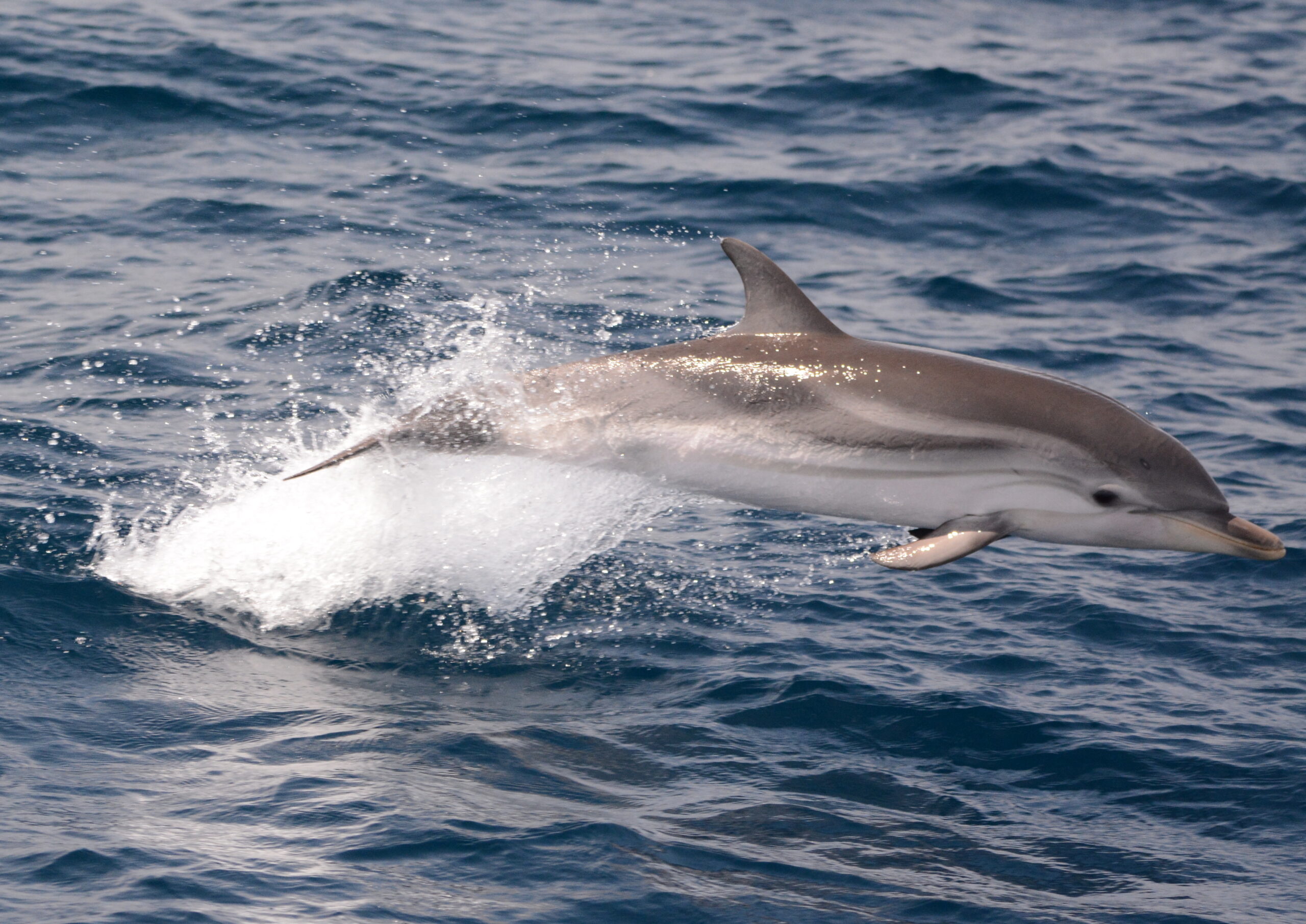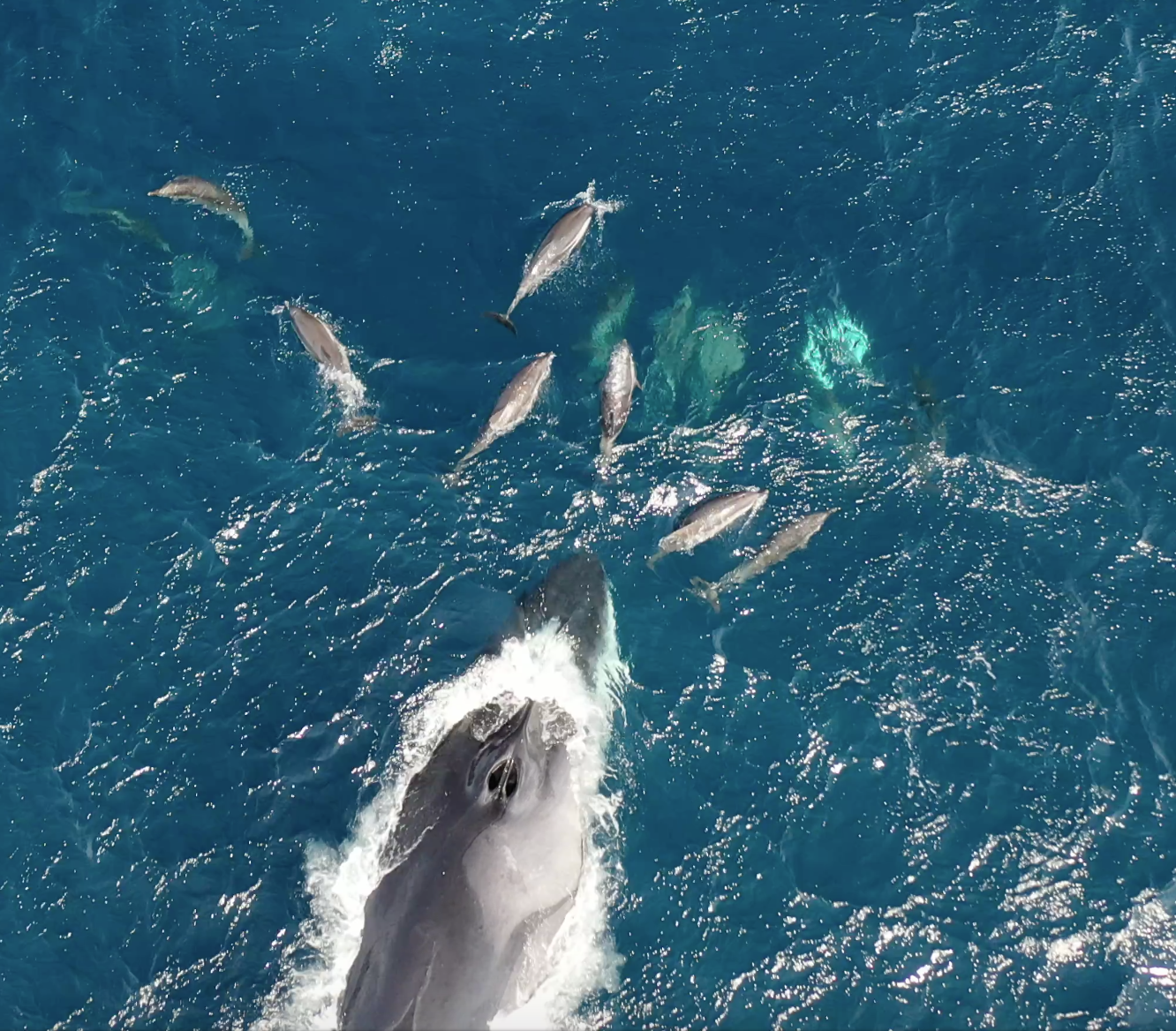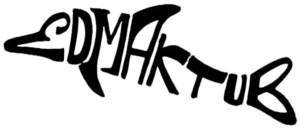We are looking for people with enthusiasm, adequate training, some experience, dedication and commitment.
Participate in the Project
Would you like to collaborate with us?
We are looking for volunteers to help us develop our work, both in the scientific field and in other tasks related to education and the diffusion of our activities.
Documentation tasks, assistance in data analysis, support in the writing of reports,…
We usually work in Catalan, Spanish and English. We need people who can translate texts in all three languages.
We are looking for people to help out with the marketing strategic plan and help to dynamize the social media.
Both in the development of educational activities and in the relationship with schools and educational centres.
Illustrations of marine animals, especially cetaceans, seabirds, fish and invertebrates. The illustrations are for inclusion on our website and in our publications.
For the layout of our publications, such as dossiers, brochures, leaflets for trade fairs, roll-ups, posters…
What do we offer in return?
Enrich your CV and appear on our website as a member of our team of volunteers.
Acquire professional experience.
As a gift, a t-shirt, a mug and a magnet of the project.
Form
If you are interested in working with us as a volunteer, please use the form below to send us your contact details, the tasks you could help with and the training and experience you have in that area. We will get back to you as soon as possible. If the form is not displayed, please click here.
Will you join us?
Subject to availability, we accept crew members who, for one day, wish to experience first-hand how a day’s research takes place on board the Maktub.
It is not only about enjoying the sea and the animals, but also about learning how field research with cetaceans is carried out. Therefore, the condition to join us is to be willing to help, learn and enjoy the day.
In exchange, we ask for a contribution of 120 euros to help us cover fuel and food expenses, and to continue developing this project of study and conservation of whales on the Catalan coast.
This is how a research day with EDMAKTUB unfolds
We meet in the early morning, at the Club Náutico de Vilanova i la Geltrú, where our boat, the Maktub, is moored. It is a catamaran sailing boat, model Catana 471, 14.15 metres long and with a capacity for 12 crew members. It is the main work and research platform of our Association and is equipped with all the necessary instruments.
We welcome the new participants with a talk about our project and the species of Mediterranean cetaceans that we can find, giving general information on how to identify them and their main behaviours and dive patterns. In this way, it will be easier to identify the animals at the time of their sighting. We also explain the biodiversity of other groups of marine animals, such as; fish, birds, sea turtles and jellyfish, that we can find along the trip.
Between 8 and 9 a.m. we set sail from the port of Vilanova and head out to the open sea, where we start our transects, i.e., random routes during which we look for any sign of life to detect the presence of cetaceans in the study area.
We organise the members of the scientific team in surveillance positions at different points on the boat. The researchers change positions every 30 minutes to avoid fatigue and maximise efficiency.
In the event of a sighting, especially if it is an individual fin whale, we modify our course to facilitate observation and proceed to take data (number of individuals, behaviour, etc.) and images to identify the different individuals, analyse their behaviour and determine their physical condition; both with cameras from the boat and using the drone. But we do not only stop to observe and collect data on fin whales but also on any other cetacean species.
After spending several hours at sea (from 6 to 10 hours, which can be more depending on the environmental conditions and the animals), carrying out different transects, collecting samples and recording the sightings, we return to the port of Vilanova.
It is important to note that the expeditions are subject to weather conditions and the presence and behaviour of the animals to be studied.



Remember that we are studying wild animals in their natural habitat. The whales as well as the rest of the cetaceans, birds, reptiles and fish that we may see during the expedition are wild animals, so there is no guarantee that we will see them. Each trip is unique, we never know exactly what we will find!
Would you like to join?
To participate, please fill in the form with your details and the dates you would like to join us – check the calendar to see which places are available!
Train with us!
Research Assistant Course
Join our research assistant programme for one, two, three or four weeks.
You will gain knowledge and experience about studying cetaceans, like a researcher. Throughout these days you will also have the opportunity to see different species of cetaceans, fish and seabirds.
This course will allow you to gain experience in the study of cetaceans, especially whales, while participating, for the chosen time, as part of our research team. You will get a complete practice of the different techniques of cetacean studies, getting to know the project and participating in the tasks of data collection and the analysis and interpretation of the results obtained. You will gain theoretical and practical experience in the field of cetacean surveys, giving you a starting point in this field of research.
Come and join our training programme, we are very close to Barcelona, it is an experience you will never forget. We look forward to sharing with you the secret life of these wonderful animals and teaching you the importance of research so that others can have the same experience for many years to come.
You can find out more by downloading the Research Assistants Programme document.
No experience or specific knowledge is required, as the EDMAKTUB research team will provide the necessary information and training.
Introduction
Gaining experience in cetacean field research is no easy task. Marine mammals are difficult to study in the wild, because they inhabit very large areas, and because although they come to the surface to breathe, they spend most of their time submerged. So it takes a lot of dedication, patience and hard work to make progress in this field.
The EDMAKTUB Association specialises in cetacean research and since 2014 has been carrying out a scientific study focused on the whales that feed off the Catalan coast every spring. This is the Fin Whale Project: a study on the fin whale (Balenoptera physalus) and the oceanographic conditions that make its presence on the Catalan coast possible. Through the development of this project, we aim to contribute to the improvement of knowledge of the fin whale (and the rest of the biodiversity of the study area), raise awareness of the importance of conserving the marine environment, as well as collaborate in the improvement of the protocols that regulate scientific activity in this field.
As far as research is concerned, the Fin Whale Project focuses on the study, monitoring and identification of the fin whale. Among other things, we carry out photo-identification, study their behavioural and feeding habits, migratory routes, as well as the oceanographic environment in which they move and the dangers they face on our coasts.


Objectives
With this Research Assistants Programme we propose you to participate for a period of 1 to 4 weeks (starting and finishing the courses on Friday) in our research, with the opportunity to learn and practice different techniques used in the field study of cetaceans, and especially whales, such as:
- Approach to a research project
- Sighting methodology (MMO practices)
- Behavioural data collection techniques
- Photo-identification techniques
- Environmental data collection techniques
- Faecal sample collection techniques
- Use of drones in cetacean research
- Use of other research equipment
- Basic navigation techniques
- Plankton and microplastics collection
- Collision risk study
- Thermal camera surveys
- Analysis and interpretation of results
Conditions for Participation
The minimum age to participate is 18 years old. The language spoken on the boat is English, although Spanish and Catalan are also spoken.
Participants must be willing to share the space and the tasks in the flat, cooperate with each other in daily tasks such as shopping, preparing meals, maintenance and cleaning of the flat, etc.
The timetable may vary depending on weather conditions.
Do you want to know more about the Fin Whale Project?
If you want to know more about the Fin Whale Project, go to the project’s homepage and discover its main results.
In order to participate in the project we ask for a contribution to cover the expenses during the stay and also to help finance part of the project so that we can continue studying these extraordinary animals in their habitat.
This contribution covers the costs of accommodation, food, research material, theoretical and practical training and participation in the campaigns.
The required contribution is:
900 euros for one week
1200 euros for two weeks
1500 euros for three or four weeks
Calendar
For the duration of the programme, you will be able to stay with the rest of the EDMAKTUB scientific team and share with us not only the marine research campaigns, but also everyday life.
First day. Welcome, organisation and general information about the project.
Second to penultimate day. Field work and training sessions. Weather permitting, we will make daily sighting and observation trips aboard our catamaran, the Maktub. We will set sail early in the morning and spend the day sailing and collecting data. Either on the boat or in the flat, there will be various presentations focusing on biology, ecology, research and conservation techniques and data analysis.
Last day. Farewell, luggage collection and cleaning.
Participation dates
The dates below are one-week blocks, for more weeks, please select the corresponding consecutive weeks on the form.
We will be located in Vilanova i la Geltrú, very close to the base port where the research vessel is moored. Vilanova i la Geltrú is a coastal town located 50 km south of Barcelona.
If you would like to request more information or have questions related to our Research Assistants’ Programme (RAP) you can contact us via email at info@edmaktub.org indicating in the subject line “NEXT RAP”.
To apply to participate as a Research Assistant, please fill in the following form (if you do not see it below, you can access the form by clicking here):
Have you seen whales and dolphins?
Whether you are a fisherman or a sailor, if you see whales or dolphins off the Catalan coast, please send us an email at info@edmaktub.org or send us a WhatsApp message to +34 655879180.
It will help us to complete our database!
Send us the coordinates of the sighting, the number of individuals and if you can send us a photo or video.

Remember!
Cetaceans are protected animals by Real Decreto 1727/2007, which establishes rules of conduct for the approach of cetaceans.
If you come across whales or dolphins, observe them but with respect.
You must keep a distance of 60 metres and never cut off the animals.
Maintain a constant speed and never separate or disperse the group of cetaceans. Be especially careful in groups where calves are observed.
Avoid noise and do not try to touch or swim with the animals.

Scheme of how to approach cetaceans. Representation of the BOE, del Real Decreto 1727/2007.


